
Ecos Fruit & Veg Wash — The Healthy Pantry
Cleans your organic produce without changing their organic characteristics, and it's ideal for non-organic produce as well. It's very easy to use! Before cutting up your fruits and vegetables, simply spray hard produce (apples, peppers, tomatoes, cucumbers, etc.), rub for 20 - 30 seconds, and then rinse and dry.

Fit Organic Produce Wash, Fruit and Vegetable Wash, All Natural
Pesticide contamination can also happen during packaging, since many produce companies use the same warehouses to package both organic and non-organic produce. But the biggest reason to wash your fruits and vegetables is to get rid of germs, according to Sonya Lunder, a senior analyst with the Environmental Working Group.
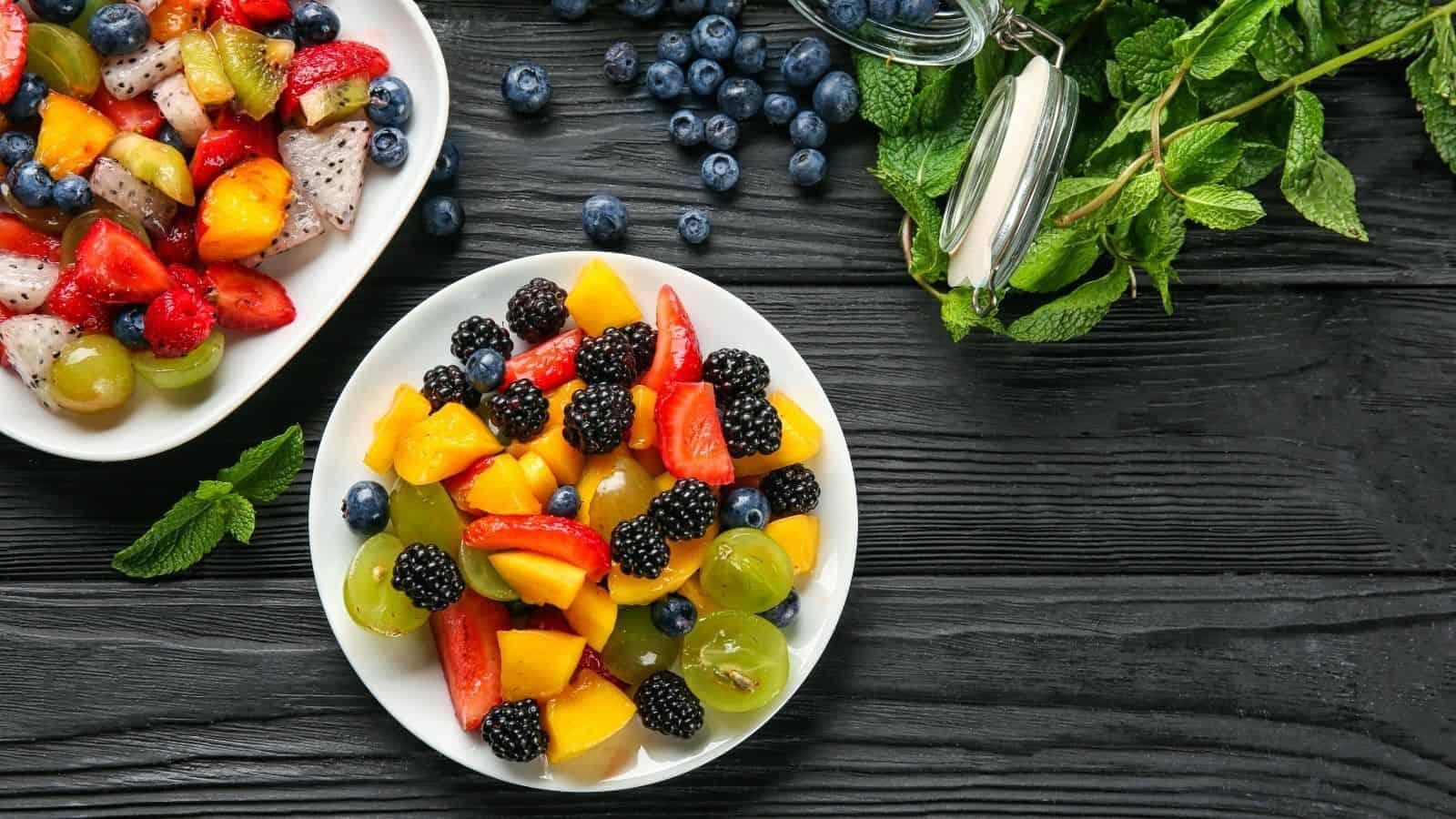
12 Ways to Make Organic Vegetables and Fruits Last Longer 5 Min. Read
For residue-free produce: Spray enough fruit and veggie wash to cover the entire fruit or vegetable; allow to sit for 1-2 minutes and then rinse with water. For leafy greens, we recommend soaking produce in a solution of 10 parts water to 1 part of fruit and veggie wash.

Fruits and Vegetables Podcast 292 — Joey Bee Outdoors
Instructions. Grab yourself a large container (bowl, bottle, pitcher) and combine the water and baking soda in it. This container should be larger than your final spray bottle (due to the fizzing up of the mixture) Slowly add the vinegar. Pour slowly, as it will create bubbles and grow in size.
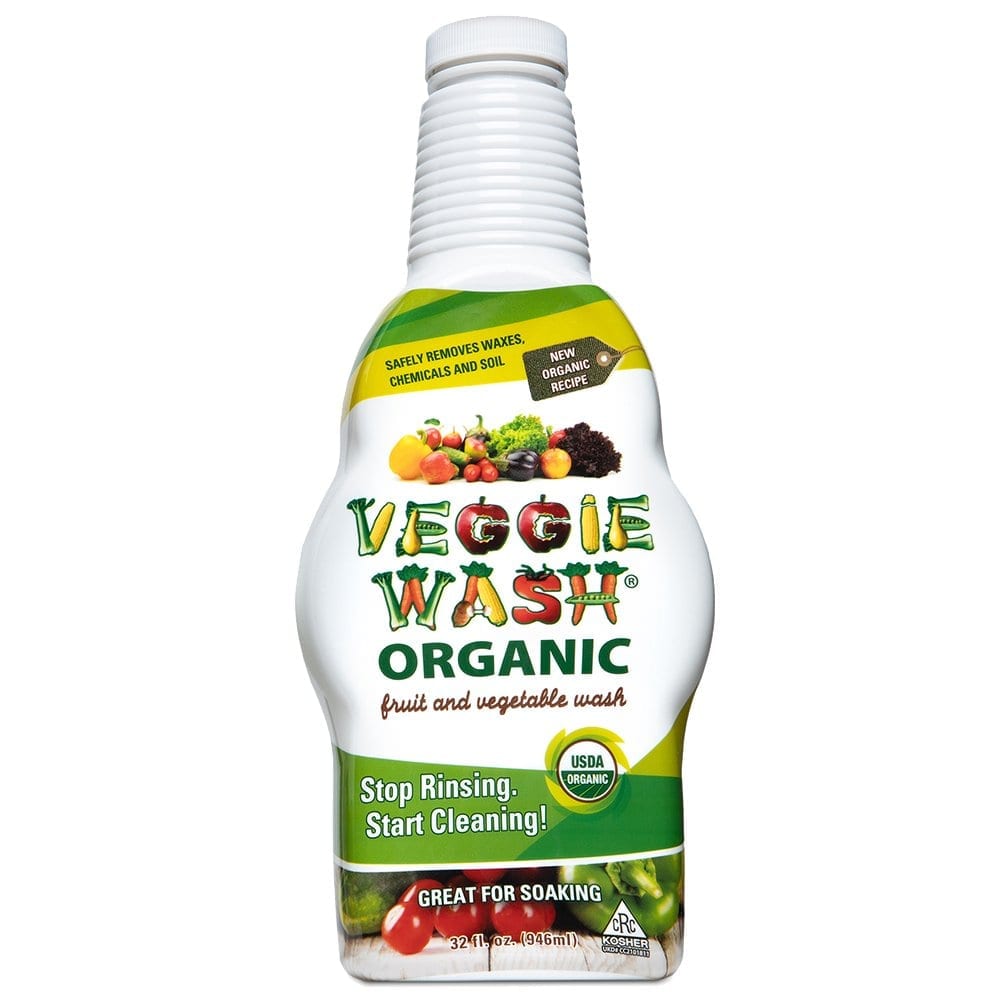
Veggie Wash® ORGANIC Fruit and Vegetable Wash Veggie Wash
Those wondering how to wash fruit properly need only to turn to Fit Organic Fruit and Vegetable Wash, a trusted and certified organic produce wash. Fit Organic cleans 98% more waxes, pesticides, and other contaminants from your fruits and veggies than water alone. Produce is porous. That's why water alone just won't clean down into the many.

Pin by Go Vegan on Organic Fruits and Vegetables Organic fruits and
Begin by cleaning the spray bottle well with warm water. Set aside. 2. Cut the lemon in half and squeeze as much of the juice out as you can. 3. Take three tablespoons of white vinegar and pour it into the bottle. 4. Add one cup of water and shake the bottle well to mix. 5.

how and why we wash our fruits and veggies …even the organic ones
All of the ingredients for this organic fruit and vegetable wash were extracted from organically-grown plants, leaving no room for artificial chemicals of any kind. USDA-certified Organic . Products with the Certified USDA Organic symbol have gone through a rigorous process to ensure they meet strict standards, do not contain harmful chemicals.

Veggie Wash® ORGANIC Fruit and Vegetable Wash Veggie Wash
The Best Fruit & Veggie Wash on the market brands. Organic food-grade ingredients, natural and safe fruit and vegetables wash. Organic soap to clean fruit and vegetable, veggie and fruits edible grade wash, veggie cleaner, veggie soap, fruit organic detergent, organic cleaner for veggie and fruit, non-toxic, kids safe, natural, USDA certified organic
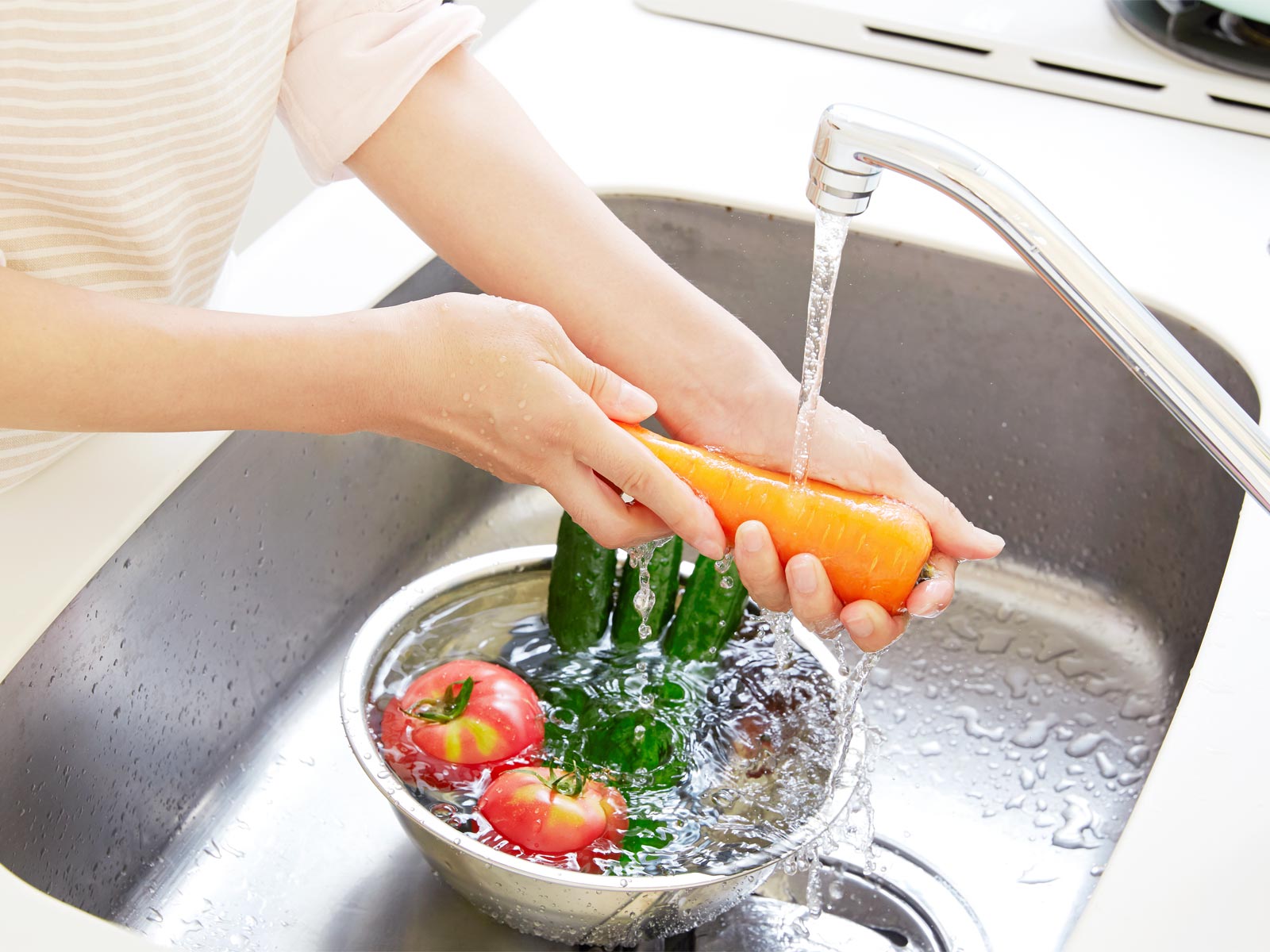
How to Make Homemade Fruit and Vegetable Wash
Add to list. Find Whole Foods Market Organic Fruit & Veggie Wash, 16 fl oz at Whole Foods Market. Get nutrition, ingredient, allergen, pricing and weekly sale information!

this is fruits and vegetables and its good for health. Organic fruits
Credit: Joe Lingeman. 2. Spray your produce: Place your fruit or vegetable in a colander in the sink. Spray it liberally with the mixture, then let it sit for 2 to 5 minutes. Credit: Joe Lingeman. 3. Rinse: Rinse off the mixture thoroughly with cool water, using a vegetable scrub brush on thicker-skinned produce.
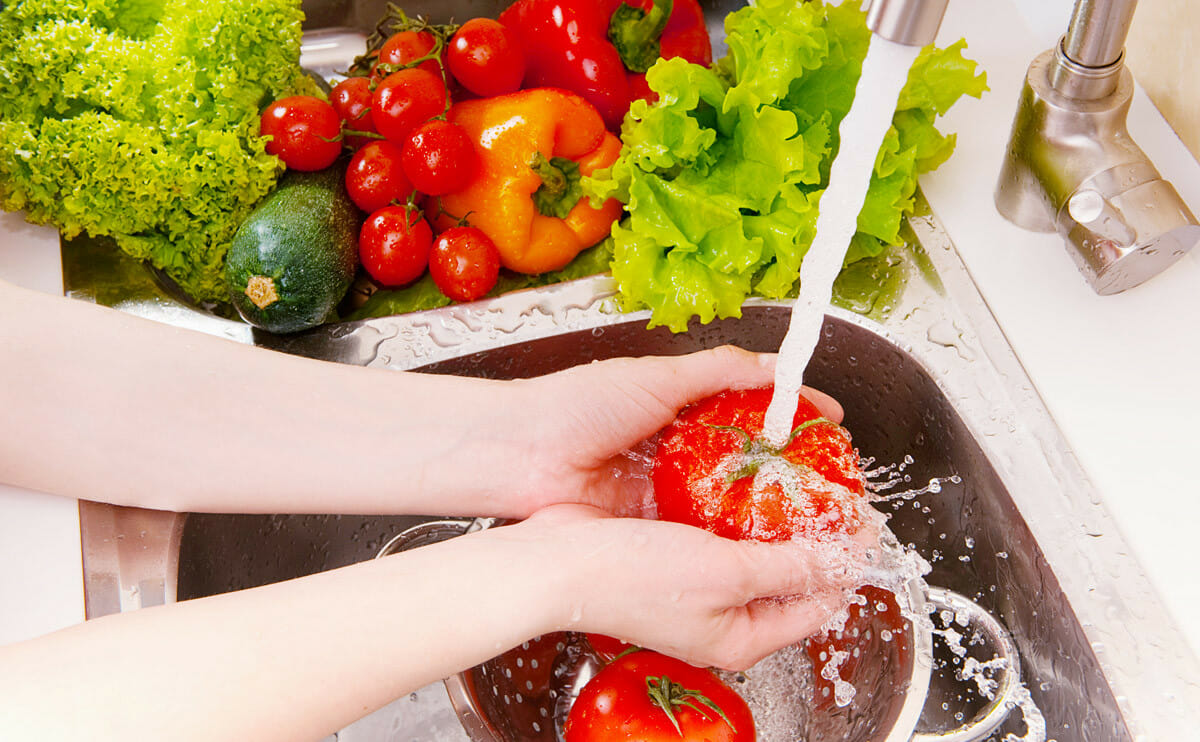
7 Myths About Washing Your Produce Modern Farmer
For Soft-Skinned Fruits and Vegetables. For fruits and vegetables like berries, tomatoes, lettuce, and broccoli fill a bowl with equal parts white vinegar and water and soak the produce in the solution for a couple of minutes. Then rinse well.
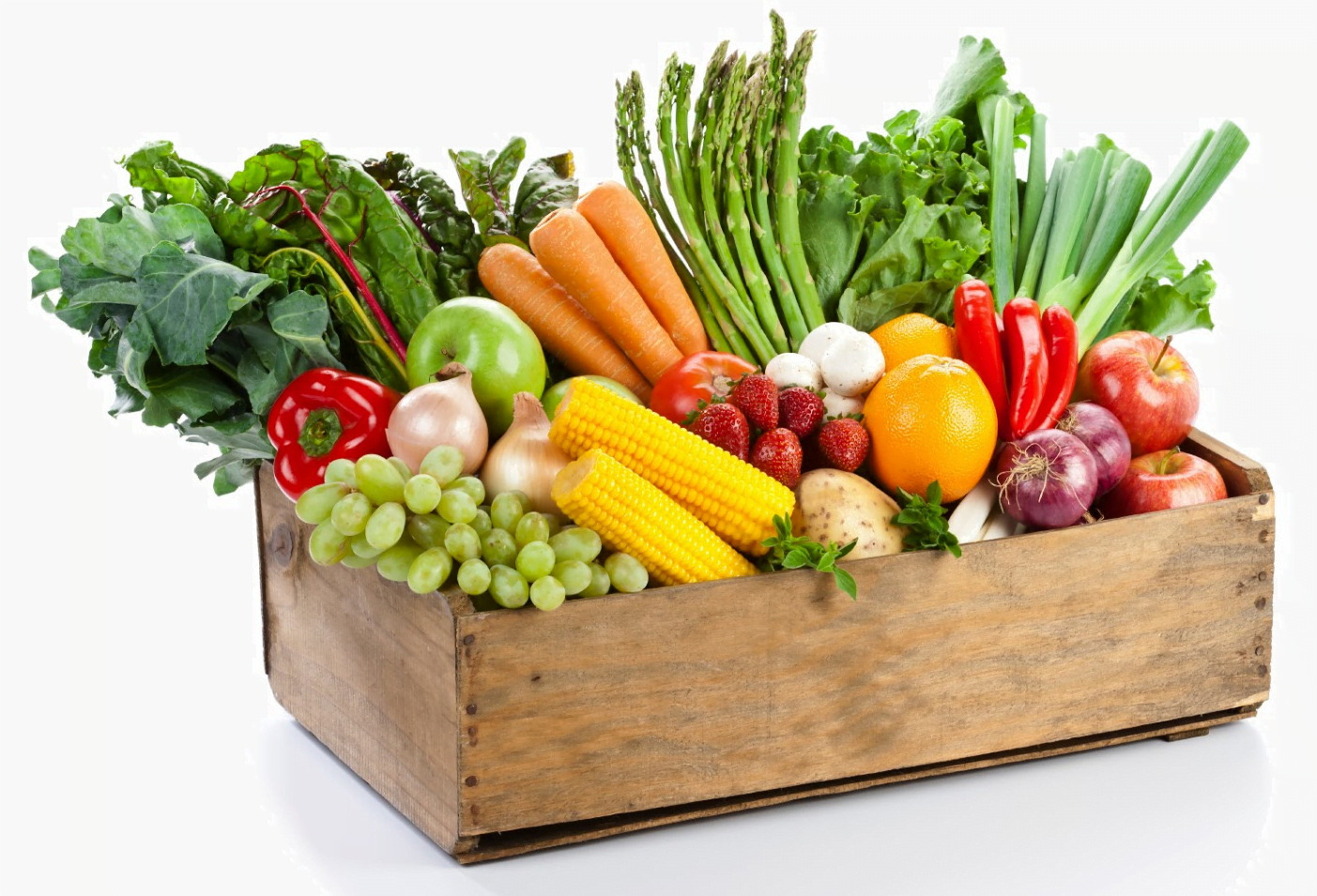
Salvestrol — A Component of Organic Fruit & Vegetables That Selectively
Inexpensive: The most budget-friendly fruit and vegetable washes start at .25 to .30 per ounce. They may have both natural and artificial ingredients and probably won't be certified as organic. Mid-range: The next tier of fruit and vegetable washes costs between .35 and .40 per ounce. Most will be made from all-natural ingredients, and some.
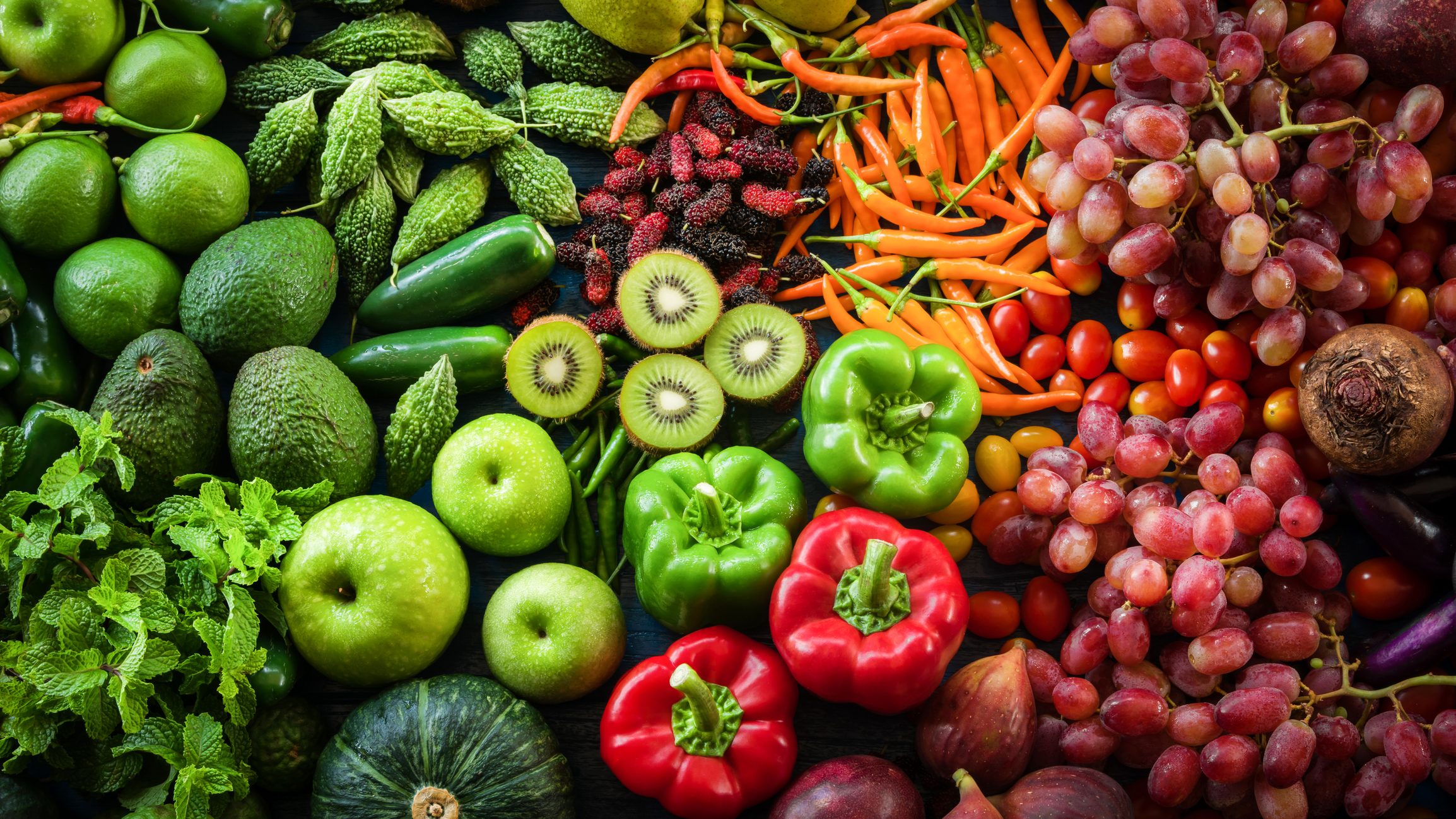
The 2019 Pesticide 'Dirty Dozen' Fruits and Vegetables
Beyond pesticide contamination, you don't know if the organic produce picked up any extra bacterial pathogens along the way during the harvesting, shipping, and stocking process. Stop believing the myth that you don't need to wash organic fruits and vegetables, and just take that bit of extra time to wash the produce and give yourself peace of.

How to Make an Organic Fruit and Vegetable Wash Fruit and vegetable
Fit Organic Fruit and Vegetable Wash removes 98% more contaminants than water alone, all without the use of synthetic chemicals. USDA-certified Organic . Products with the Certified USDA Organic symbol have gone through a rigorous process to ensure they meet strict standards, do not contain harmful chemicals (like SLS), and must be comprised of.
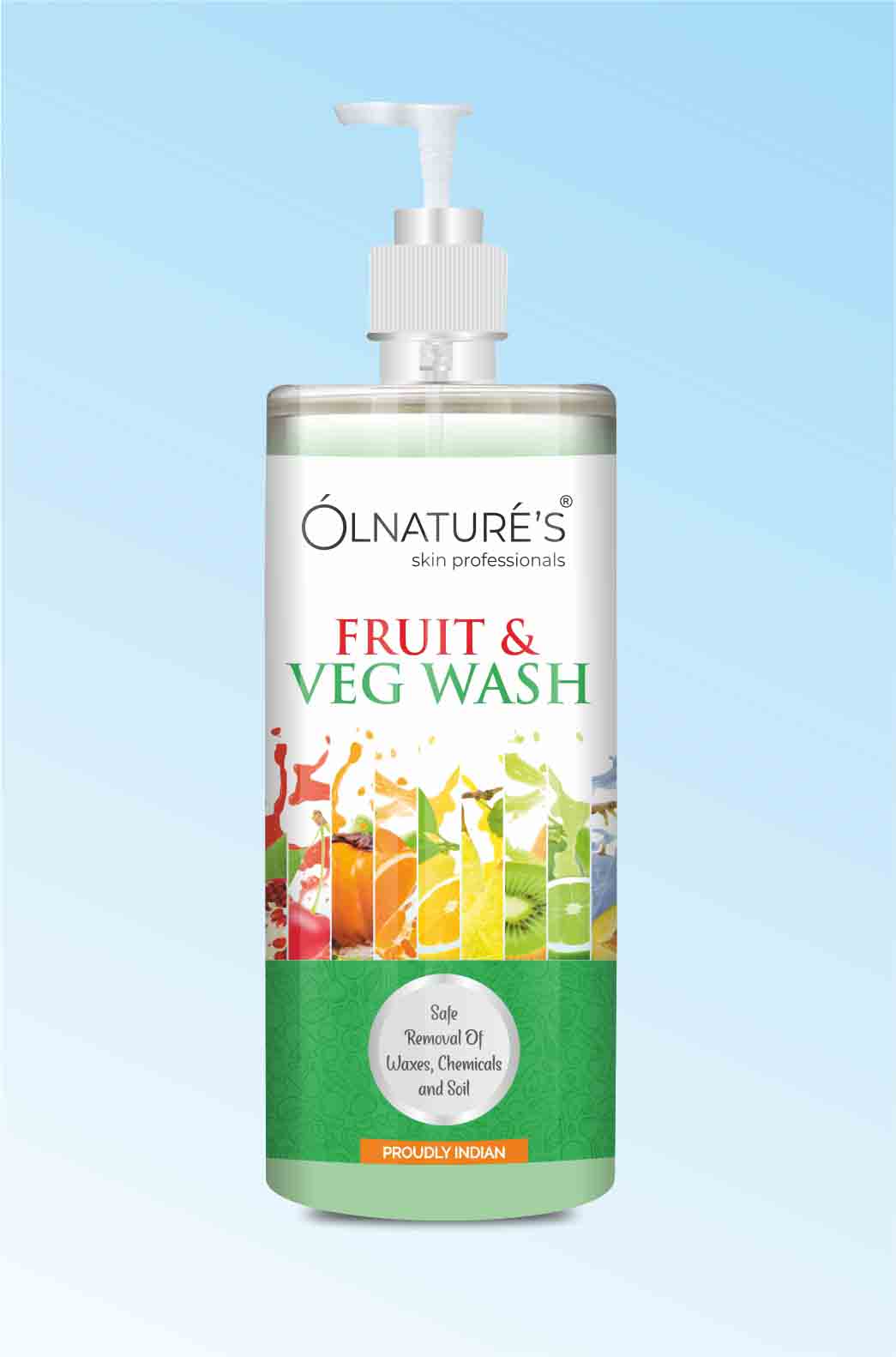
FRUIT AND VEG WASH Maxnova
BAKING SODA. Baking soda also works as a vegetable cleaner to remove pesticide residue. To make a baking soda vegetable wash: Step 1. Measure 1 tsp baking soda for every 2 cups of cold water. Step 2. Submerge produce, and let soak for 12-15 minutes. Step 3.

Homemade fruit and veggie wash Cooking And Baking, Cooking Tips
Salt water is one of the easiest and most cost-effective ways to remove certain pesticides. In a study published in Food Control, researchers washed vegetables for 20 minutes in a vinegar solution, a saltwater solution, or plain water to eliminate the residue of four common pesticides — chlorpyrifos, DDT, cypermethrin, and chlorothalonil.